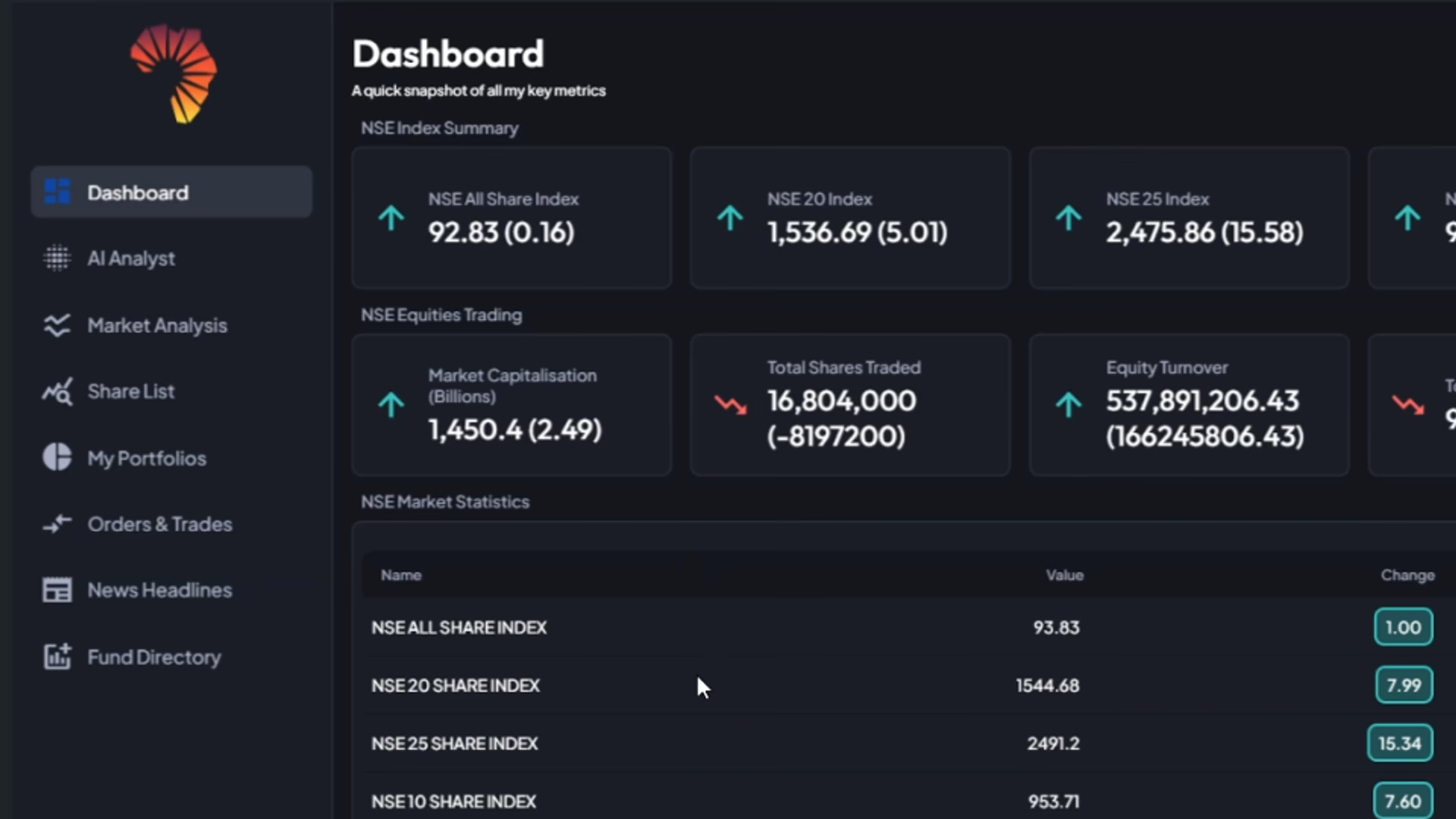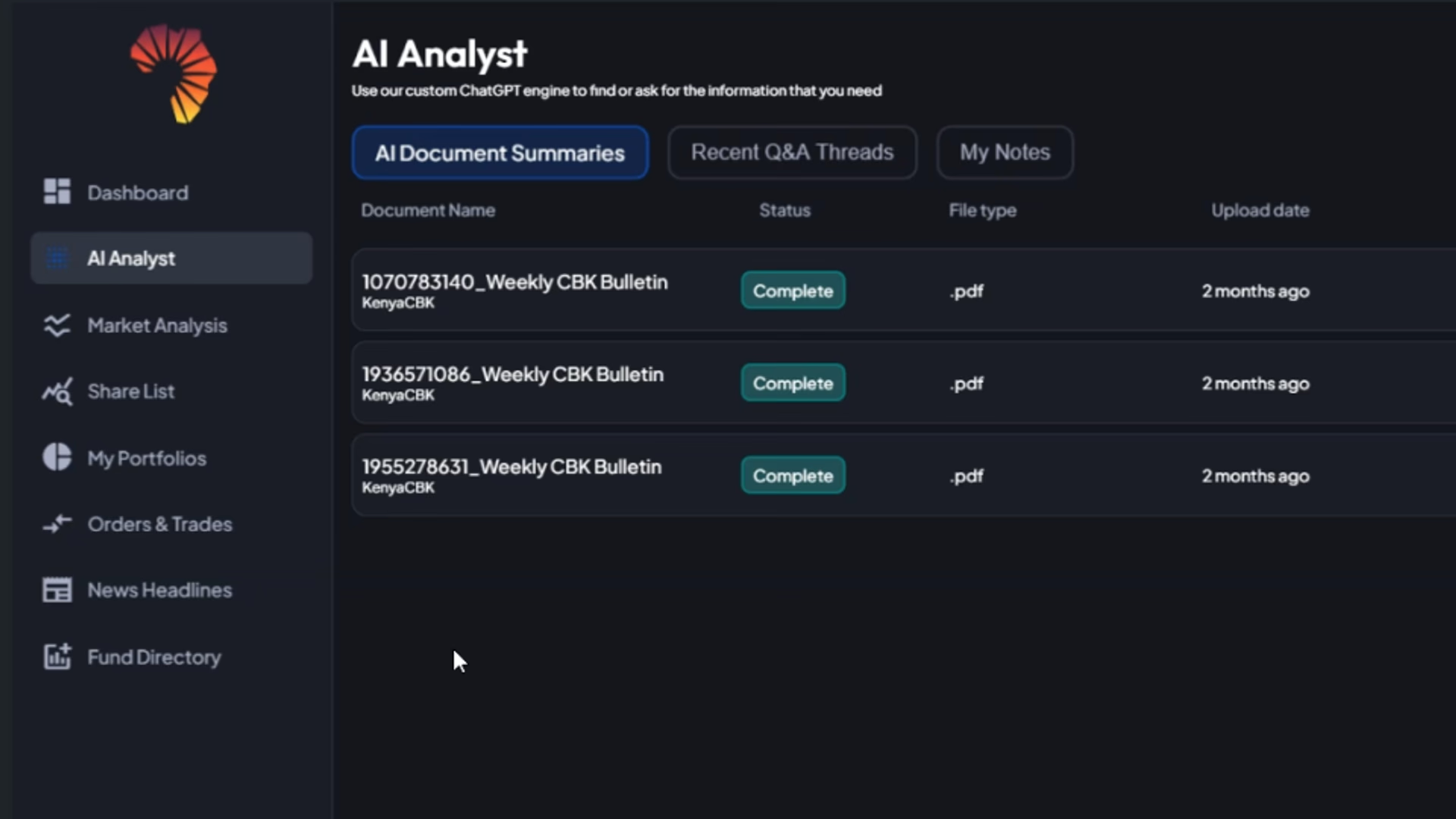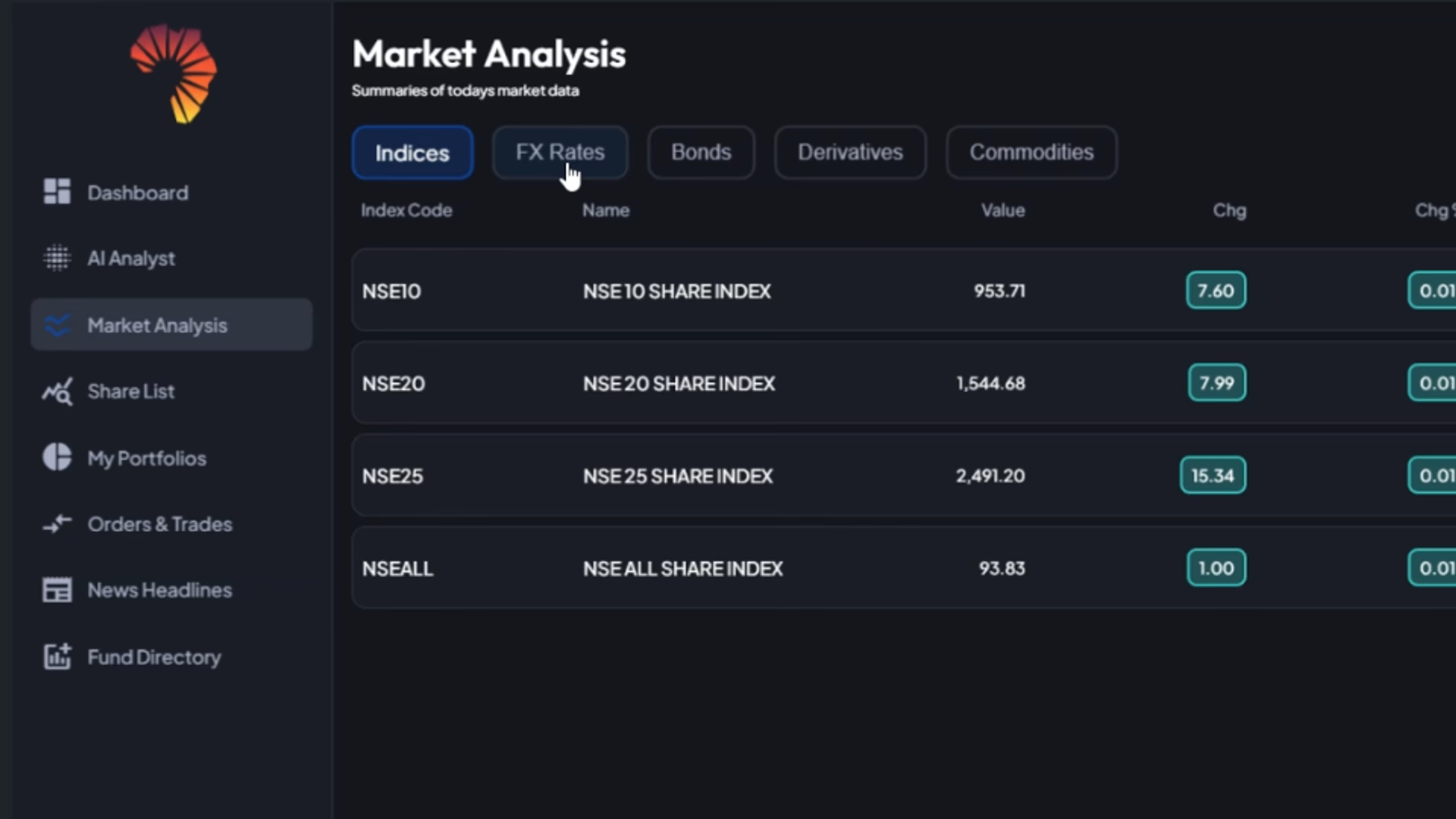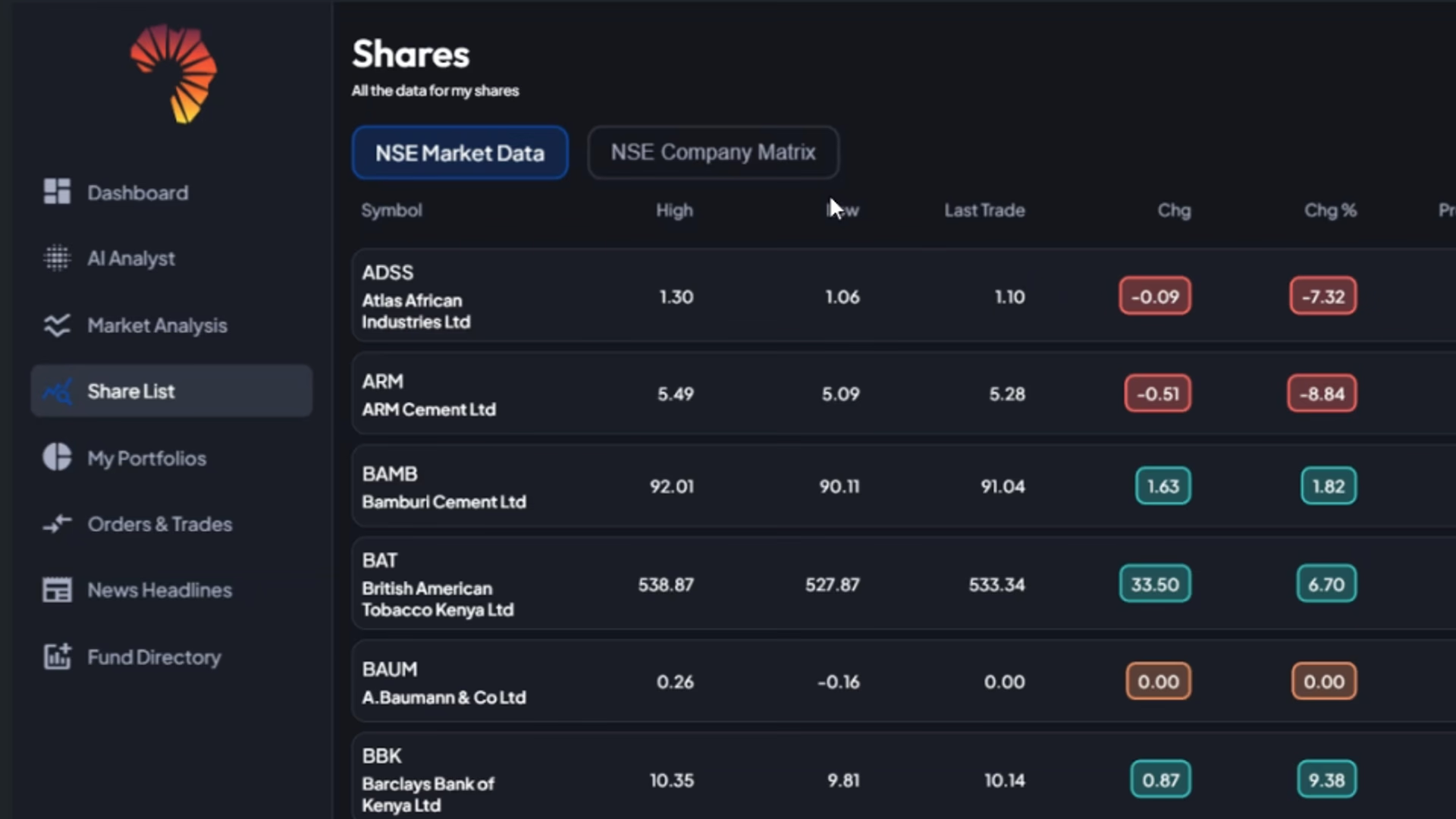The performance of the Kenyan private sector was stagnant in May as the PMI posted just below the neutral 50.0 threshold. At 49.9 in May, down from April’s 50.3, the seasonally adjusted PMI signalled broadly stagnant business conditions due to a fall in output, albeit marginal, contributed to the weakness of overall business conditions.
Meanwhile, new order growth softened from the preceding month, but was solid overall. In response to greater inflows of new business, employment growth quickened to a five-month high. Despite upward inflationary pressures on input costs faced by the private sector, output charges fell so that companies could stimulate demand amid reports of intense competition.
Notably, the index reading was the second lowest (behind March) observed since the inception of the series. The main findings of the May survey were as follows:
READ; Kenyan private sector stabilises during April – Markit Economics
- •The fall in the PMI index was mainly driven by reduced output, which declined for the third time in four months, albeit fractionally. Those firms that recorded a decrease in activity blamed the upcoming elections, weaker purchasing power among clients and a lower customer turnout.
- •Meanwhile, total new orders increased in May. The rate of expansion was solid overall but slowed to the second weakest (behind March) since the inception of the series in January 2014.
Jibran Qureishi, Regional Economist E.A at Stanbic Bank said: “As we highlighted last month, the recovery in business conditions could prove to be transitory, due to a cocktail of dangerous headwinds. The PMI contracted again as output subsided and growth in new orders slowed.”
Firms faced upward inflationary pressures due to higher fuel costs and a general increase in raw material prices, according to panelists. Despite higher costs, firms reportedly offered discounts to attract customers amid intensive competitive conditions.
RELATED; Kenya May 2017 Inflation Rate Rises Further to 11.70%





